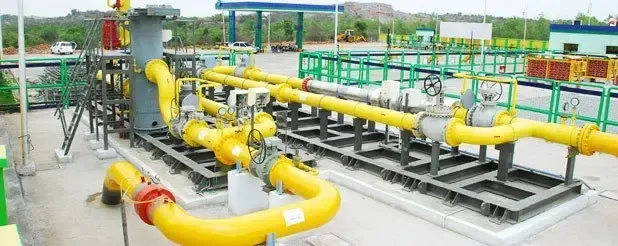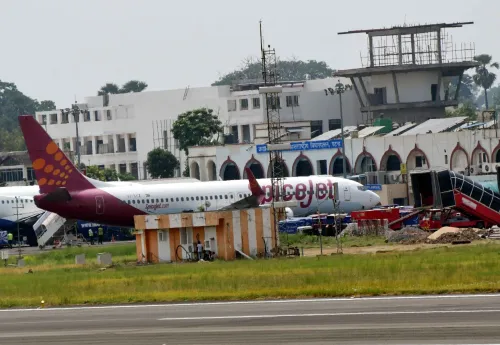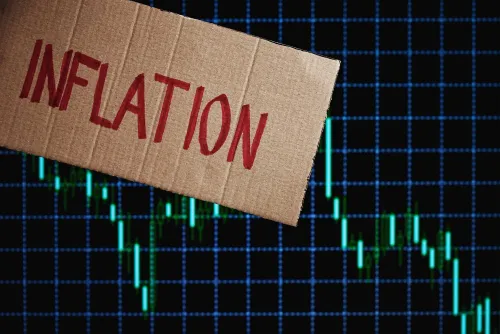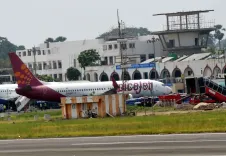Proposed Tariff Policy for Pipelines Aims to Lower CNG and Piped Cooking Gas Costs

Synopsis
Key Takeaways
- New tariff policy proposed by PNGRB.
- Lower rates for city gas companies.
- Public consultation available for stakeholder feedback.
- Unified tariff system aims to reduce distance-related pricing.
- Investments in gas infrastructure expected to increase.
New Delhi, March 31 (NationPress) The Petroleum and Natural Gas Regulatory Board (PNGRB) has introduced a new tariff policy aimed at reducing costs for long-distance pipelines, which will enable city gas companies to charge lower rates for CNG sold for vehicles and for piped cooking gas supplied to households.
The PNGRB has released a public consultation document to review the zonal tariffs imposed on pipelines that transport natural gas from domestic production sites or sea ports for imports, catering to users such as power plants, fertilizer production units, and city gas firms that distribute CNG for vehicles or piped gas for household cooking.
"In a significant reform to attract investments and boost gas consumption, particularly in CNG and domestic piped natural gas, the PNGRB has proposed lowering the prices for piped natural gas used by residential consumers and in the transportation sector," the regulator stated.
The public consultation document is now available online for stakeholders to provide feedback on various tariff regulation aspects, including the proposal to reduce the unified tariff zones from three to two and applying the Zone 1 unified tariff to all CNG and domestic piped gas customers.
The PNGRB oversees transmission tariffs for natural gas pipelines, which are set to ensure a 12% return on capital employed. These tariffs were typically allocated along the pipeline's length, increasing with distance from the gas source, leading to higher costs for consumers situated farther away.
To address this distance-related pricing issue, a unified tariff for all consumers linked to the natural gas grid was proposed in November 2020 and came into effect on April 1, 2023. Previously, every 300 km increment from the gas injection point was classified into successive zones with higher tariffs; now, the PNGRB has categorized the pipeline length into three zones — up to 300 km, from 300 km to 1,200 km, and over 1,200 km, with tariffs set at 52.5% of the unified tariff for Zone 1 and 75% for Zone 2.
The new system now proposes that 66.17% of the unified tariff will apply for the first tariff zone, with 100% charged for users on both sides of Zone 1. However, CNG and piped natural gas residential users anywhere in the country, regardless of their distance from the source, will be liable for the Zone 1 tariff. This change aims to reduce costs for city gas companies situated further from the gas source.
"The proposals also encompass incentives for isolated network operators/pipelines, equitably distributing the benefits of volumes exceeding the normative threshold among consumers and pipeline operators, and utilizing these benefits for developing pipeline infrastructure and establishing long-term procurement policies for system use gas by pipeline operators," the PNGRB highlighted.
This proposal is expected to enhance investments in gas infrastructure, particularly in isolated and remote regions, thereby tapping into untapped gas resources. The amendments will also support the expansion of CNG and PNG-Domestic connections in remote areas, benefiting key stakeholders like the city gas sector, transmission operators, and consumers in distant locations, and will promote investment in gas infrastructure, according to the PNGRB announcement.









